Description
This book tells the story of how the Tigua| a small| urban American Indian community| has persevered through generations of poverty and persecution. The contemporary issue of Indian gaming is explored| and the politics behind the tribe s gaming rise and eventual fall is detailed within the context of what has become a modern-day power struggle. Using ethnographic and ethnohistoric methods| this research details the specific cultural mechanisms employed by the Tigua to resist forced enculturation and survive into the twenty-first century as a distinct and proud community. The Tigua Indians of Ysleta del Sur Pueblo| El Paso| Texas| arrived around the time of the 1680 Pueblo Revolt. Stripped of their landholdings by the early 1900s| the tribe was forgotten by the state and federal governments and was described by researchers as moribund if not extinct. In the mid-1960s| on the verge of losing their homes| tribe members petitioned for government recognition as an American Indian community. Though recognized as legitimate American Indians by the state of Texas in 1968 and the federal government in 1987| questions about their cultural authenticity lingered. Had the Tigua somehow survived through 300 years of persecution and urban encroachment| or were they really just Mexicanized Indians acting fraudulently? In order to respond to this question| it is necessary to understand how terms such as indigeneity| identity| authenticity| and culture change/perseverance are understood and defined by the U.S. government. It is also necessary to explore how the issues of power| law| discourse| genocide| and self-determination affect the relationship between the United States of America and its indigenous population. “

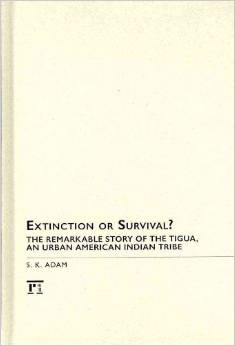
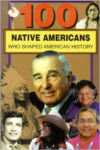
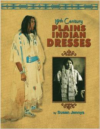
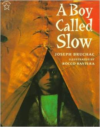
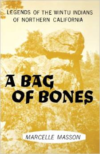
Reviews
There are no reviews yet.